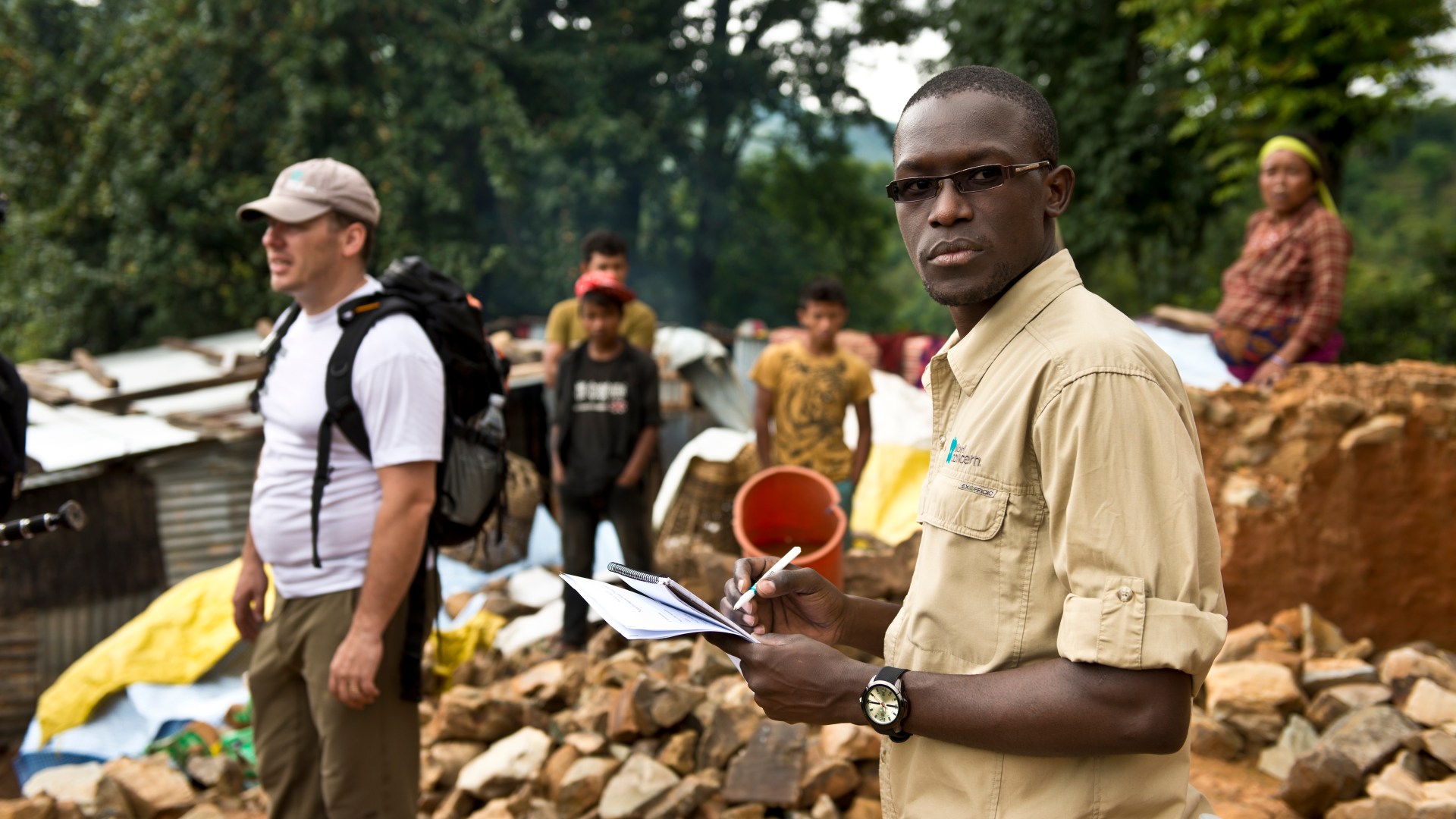Nearly 20 percent of the world’s population could lose access to the ministry efforts of Western Christians next year.
In April, China passed new regulations that will affect its more than 7,000 foreign nongovernmental organizations (NGOs) by requiring that they register with the local police and find an in-country partner.
China also banned foreign NGOs from engaging in or funding religious activities. The measure could expel Christian groups that are doing medical, developmental, or educational work in the world’s largest country by population, with 1.4 billion people.
China’s move is significant because of the number of people affected. But other countries have been moving in this direction for years.
While the laws vary, they often regulate overseas funding and the number of working visas an NGO can offer. Some require regular—and occasionally onerous—registration with the government.
For example, India now requires NGOs to report foreign donations within 15 days and to confirm that the money is not used for activities “likely to prejudicially affect the . . . interests of the state.” Since Narendra Modi became prime minister in 2014, India has cut off foreign funding from more than 13,000 NGOs.
China’s crackdown happened despite the fact that many countries benefit greatly from welcoming foreign groups, said Arch Puddington, senior vice president for research at Freedom House. That’s because outside of the United States, few nations have cultures where citizens are accustomed to financially supporting civil society through private funds.
“In some cases, local NGOs lack the expertise or capacity to address health problems or education issues,” said Puddington. “The work may be better done by Western organizations or multinational religious-based organizations.”
Most of the time, government regulations aren’t targeting Christian organizations, said Stephen Offutt, a professor at Asbury Theological Seminary who studies faith-based international development. The presence of many foreign NGOs is often the consequence of a poor and weak state that ends up relying on them to provide health or education services, he said.
“Governments often have a cooperative relationship with NGOs, but that also makes the NGOs vulnerable,” said Offutt. “When NGOs start to say things that the governments don’t like, governments get nervous and sometimes feel that it’s in their interest for the NGOs to be restricted.”
When authoritarian governments (and a few democracies, notably India) begin to regulate foreign NGOs, Christian groups can be caught in the crossfire.
One such example, said Sandra Joireman, a political scientist at the University of Richmond, are the foreign NGOs working in Ethiopia.
That country’s leaders mandated that foreign NGOs provide a tangible service to citizens—which ensured that its people were physically being served while simultaneously giving the government the ability to crack down on pro-democracy groups.
“Christian groups that are just proselytizing and not providing a specific good or service might get shut out from the country,” said Joireman, “because they are like pro-democracy groups, in that they are promoting an idea or an ideology.”
Russia began cracking down on foreign NGOs about 10 years ago, says Sergey Rakhuba, president of Mission Eurasia. In 2012, the government passed a law requiring NGOs to refer to themselves as “foreign agents”—a term that in Russia connotes treason. Since the law passed, the NGO sector has shrunk by a third, according to government statistics.
“In Moscow, we shared an office with 24 organizations. Not a single foreign expatriate mission is there now,” said Rakhuba. “They could not re-register. Missionaries could not return to Russia because they could not renew their visas. It is next to impossible to get registration as a foreign organization today.”
While Russia’s crackdown led former USSR states Belarus and Kazakhstan to pass similar laws, Ukraine has moved in the opposite direction. President Petro Poroshenko signed a measure allowing churches to establish private schools.
“The church is the most trusted entity in the country,” said Rakhuba. “In this instance, the government is inviting more support from foreign sources that support indigenous churches.”
The ability to work with the government despite such restrictions depends on how strictly the laws are enforced.
For example, the Ethiopian government restricts charities that use foreign funding from working on peace, human rights, advocacy, or conflict transformation. Therefore, NGOs must be very careful with how they carry out and define their work. Otherwise, the wrong wording could get their permission to work in the country revoked.
In the case of China, it’s too soon to tell. One key reason: The new law gives a lot more power to local police.
In the past, local officials have been accustomed to a laissez-faire approach from the federal government. But under the current Xi Jinping administration, “there’s been a big emphasis on rule of law,” said ChinaSource president Brent Fulton. “The NGO law itself says that government officials who don’t follow through with it are going to be held liable for that.”
One upside to the new NGO restrictions is that outside groups are less likely to duplicate efforts.
“We hear of other East African countries essentially competing with beneficiaries, but that doesn’t happen here,” said one Christian development worker in Ethiopia who asked to remain anonymous. “The government also has an early warning system. If they expect that there will be a hunger gap because of weather conditions, they identify that early and invite NGOs to apply to respond.”
Another benefit: more reliance on the local community. For example, Peru and Brazil have recently limited outside contact with people groups living deep in the Amazon jungle, said Steven Shepard, president of Church Planting International (CPI).
Yet that hasn’t affected CPI’s work because its “methodology has always been to come alongside, empower, and train the indigenous workers,” said Shepard. After partnering with a “formerly unreached, hostile” indigenous group for more than 15 years, CPI has watched as the group has spread the gospel to other groups—no NGOs needed.
Matthew Ellingson, senior director of international operations at World Concern, an evangelical development group, spots another silver lining: “The government that is trying to create boundaries is a government that is trying to be relevant to its society.”










